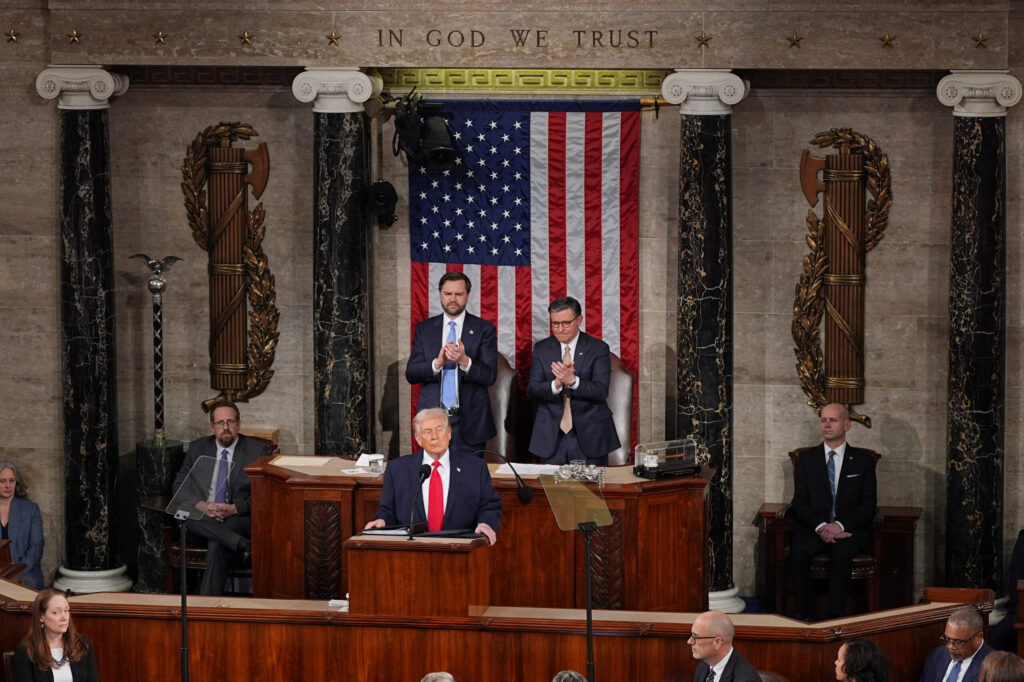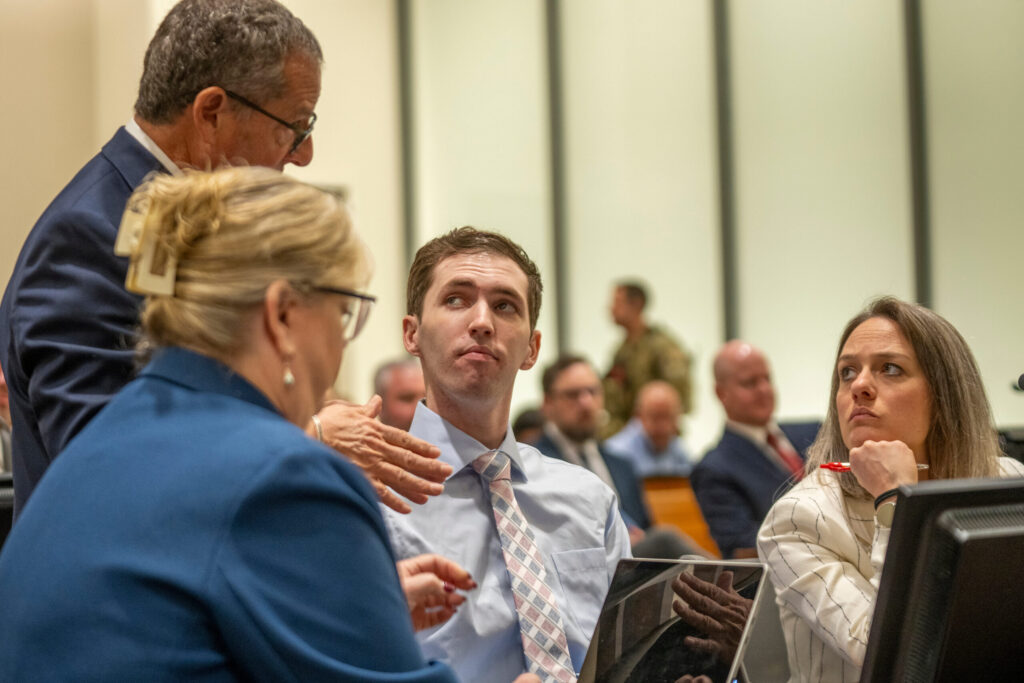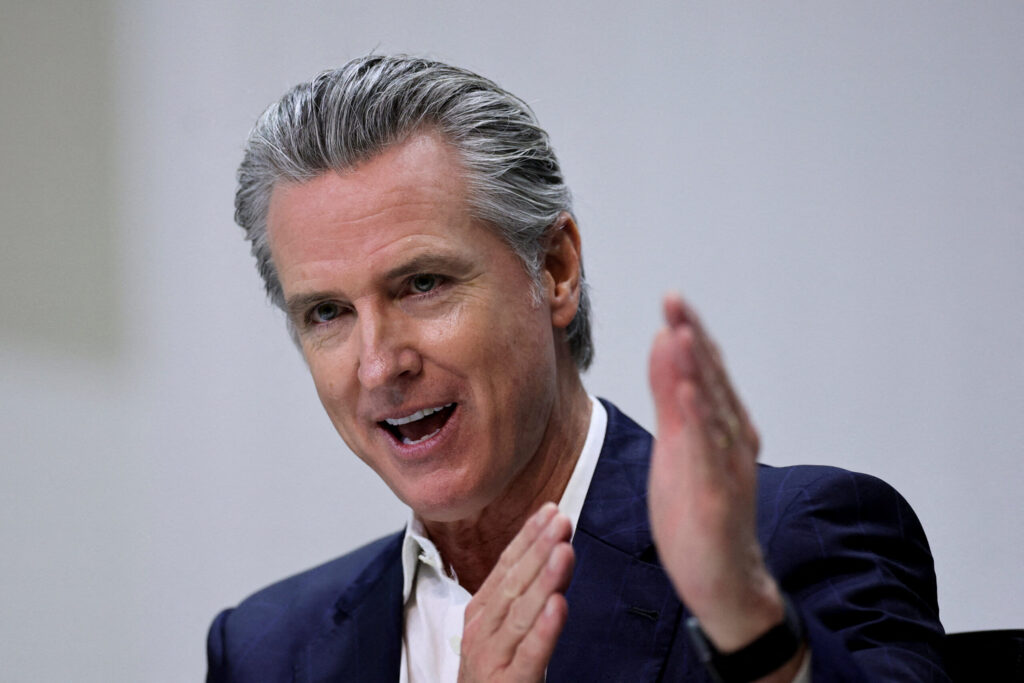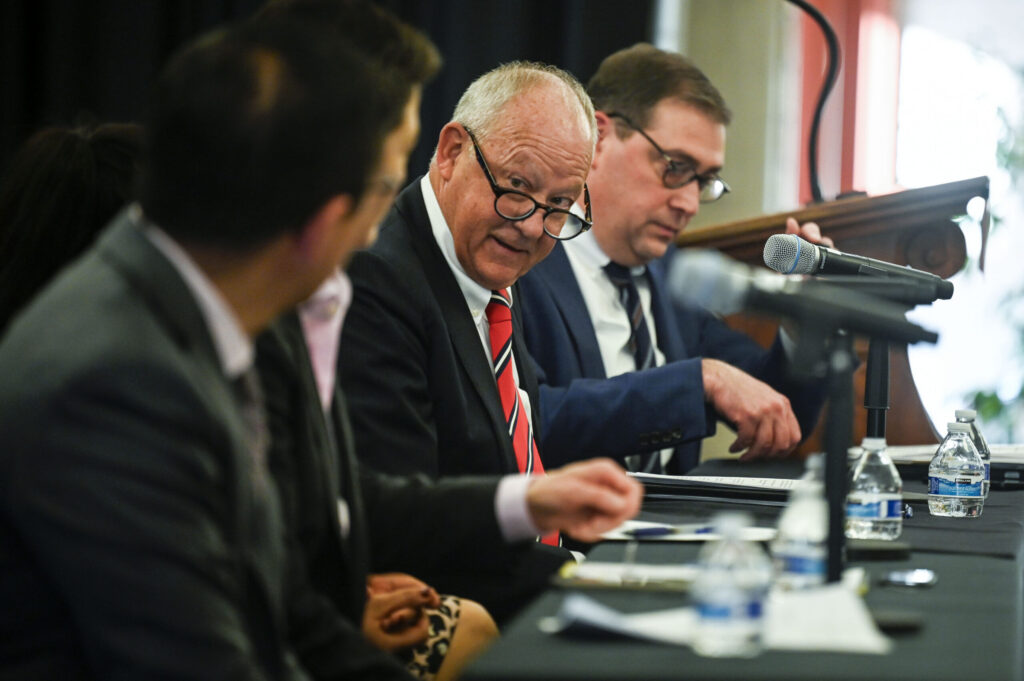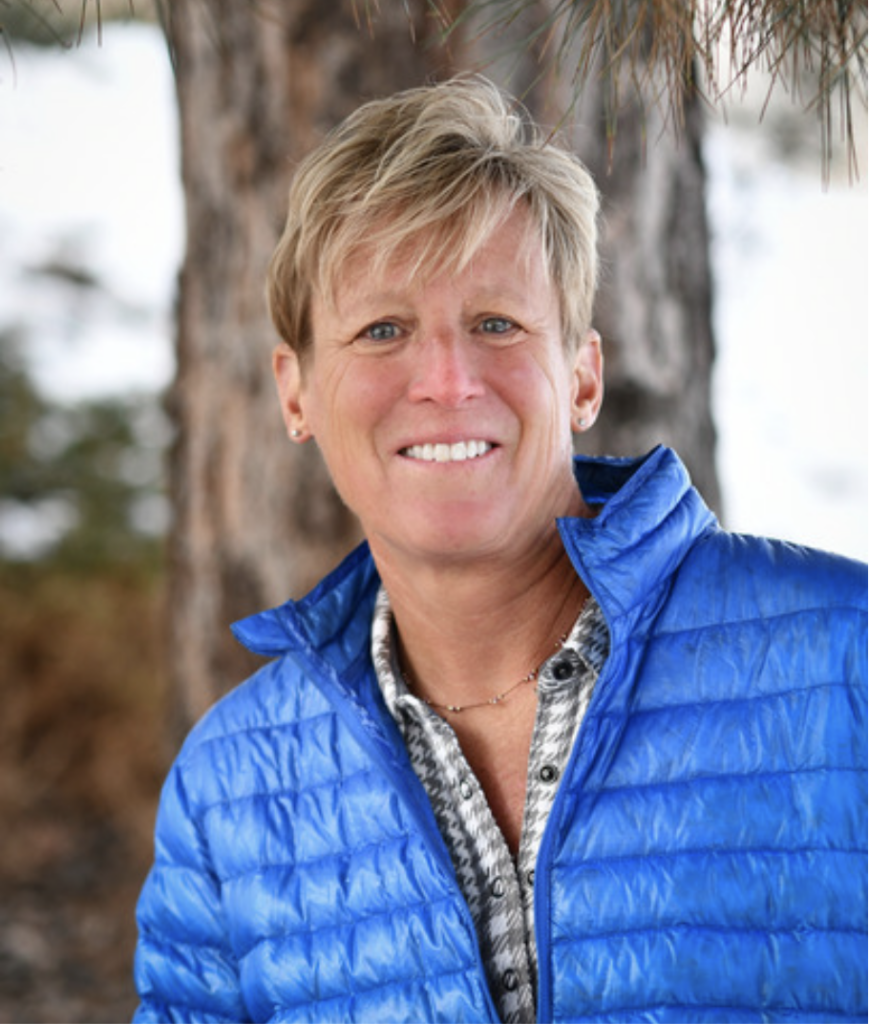A LOOK BACK | Colorado legislator repeals state’s anti-miscegenation law

Sixty-Five Years Ago This Week: State Rep. Bob Allen, D-Denver, was sponsoring House Bill 57-1039 which would repeal Colorado’s anti-miscegenation law.
The law stated, “All marriages between Negroes or mulattoes of either sex and white persons are declared to be absolutely void.”
Fifteen years previously Colorado’s Supreme Court had ruled in Jackson v. Denver that the miscegenation statue was constitutional and non-discriminatory because “it applied equally to negroes and white persons.”
Allen’s bill passed the House and Senate unanimously – a full 10 years before the U.S. Supreme Court’s unanimous decision in Loving v. Virginia declared that anti-miscegenation statutes like Colorado’s, prior to Allen’s efforts and the state legislature’s unanimous repeal, were unconstitutional under the Fourteenth Amendment.
Thirty-Five Years Ago: Less than a week after being sworn-in, Denver’s new City Council members spoke at length about the issues and projects that were facing the city. One looming issue for the Council involved it’s frustrations with Mayor Fredrico Peña’s administration and their efficacy, or lack thereof. Council members told The Colorado Statesman that while they hadn’t seen any desired changes in Peña’s administration, they were “encouraged by certain signs.”
“I don’t think we’ve seen any substantial changes yet,” said Council President Stephanie Foote.
“There are talks going on in the administration to find people who may be leaving. But they are making an effort to improve relations.”
Councilman Bob Crider was less enthusiastic about Peña’s willingness to change his administration.
“Well, we haven’t seen him up here yet,” Crider said. “He did make an effort though, by coming to that first meeting.”
Councilman Paul Swalm had harsher words than his colleagues regarding Peña’s administration and his alleged ineffectiveness in getting the convention center built and the airport finalized.
“I haven’t seen any sign of change on his part,” Swalm said. “Maybe he’s doing something at home about it.”
In addition to the tenuous economic situation in the city, Foote said there were additional stressors regarding the new convention center as well as confusion regarding Denver’s proposed airport. Foote said that a letter had been received from United Airlines protesting the way the process was being handled and threatening to pull the company’s funding commitments from the project.
“I think there has probably been good progress made up to this point,” Foote said. “We have not been totally briefed on the [airport] situation yet. I don’t know what games are being played by whom.”
Foote said that the broad questions of economic development and international corporations weren’t the issues that Denver’s citizenry were worried about, but rather basic city services.
“Crime is always a problem,” Foote said. “It’s an issue across the board for all Council members, I’ll bet.”
Former Council President Bill Scheitler echoed Foote, saying his constituents were most concerned with “crime, senior services and the brown cloud.”
Councilwoman Cathy Reynolds argued that the economic situation was frustrating voters the most.
“There’s nothing we can directly do about it,” she said. “There were questions, on the campaign trail, about the convention center and the airport. People were more concerned about city services, I think.”
In other news, after Democratic Gov. Roy Romer’s announcement that he would not run for the U.S. Senate in 1998, there was a predictable swell of campaign announcements.
U.S. Rep. David Skaggs, CD-2, said he would likely run for the seat, which in turn prompted state Rep. Mark Paschall, R-Arvada, to say that he’d begun seeking funds for exploratory polling in Skaggs congressional district.
“I am taking a look at the demographics and what the Second CD looks like politically,” Paschall said. “I’m not jumping in right away. I don’t want to run just to win a primary. I want to do a statistical analysis of where I’m strong and where I’m weak in the district, I want to compare my name recognition to that of other potential candidates and I want to secure good party support.”
Paschall said if he decided not to run for congress, he’d likely challenge Sen. Ed Perlmutter, D-Golden, for his state senate seat.
Rachael Wright is the author of the Captain Savva Mystery series, with degrees in Political Science and History from Colorado Mesa University and is a contributing writer to Colorado Politics and The Gazette.


